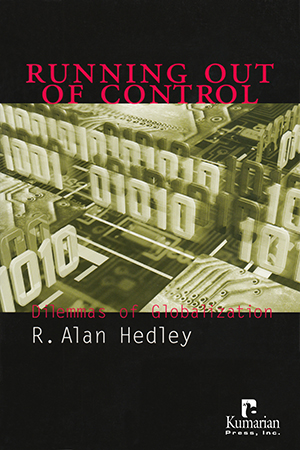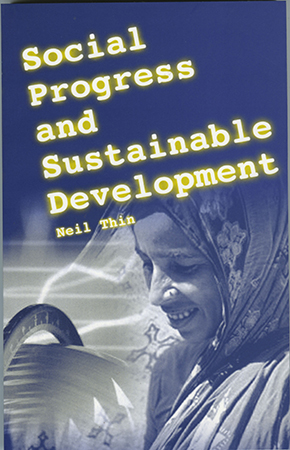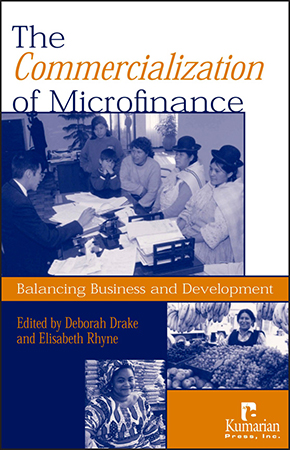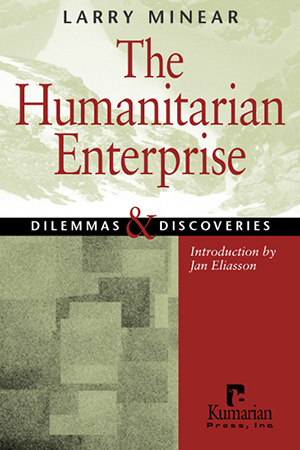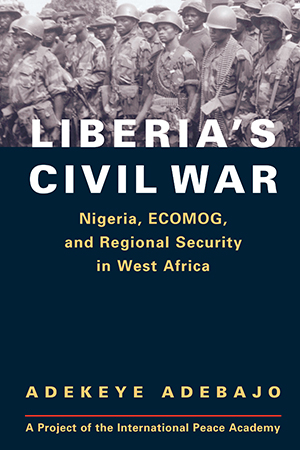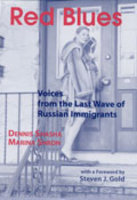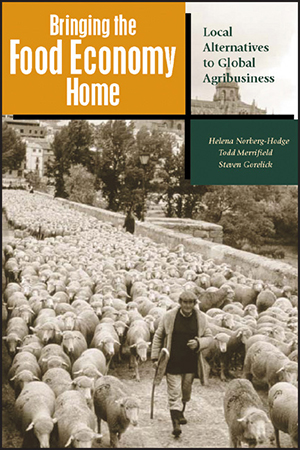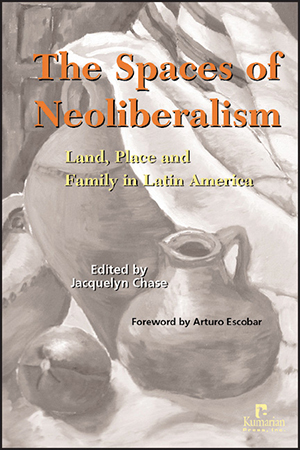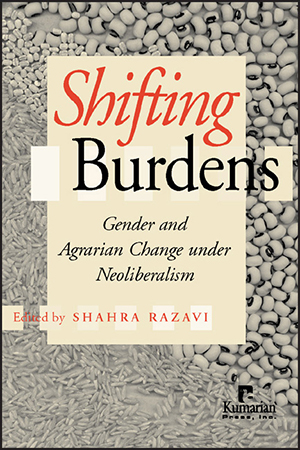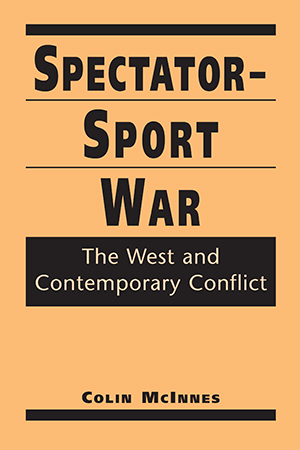BOOKS
Alan Hedley argues that, although for centuries technological innovation allowed humanity to gain increasing control over its fate, the trajectory of that control is now—due to More >
What are the social dimensions of sustainable development? Why are they important? Can agreement be reached on what constitutes progress? How can progress most effectively be brought about? More >
While many microfinance organizations started as NGOs, there is now a growing movement for them to transform into regulated, for-profit entities. Concurrently, commercial banks, credit More >
With a particular (though not exclusive) focus on the complex links between humanitarian action and the worlds of politics and military engagement, Larry Minear explores what international More >
Liberia's Civil War offers the most in-depth account available of one of the most baffling and intractable of Africa's conflicts. Adekeye Adebajo unravels the tangled web of the More >
The twentieth century has witnessed three great waves of Russian immigration to the United States. The first wave followed the Russian Revolution of 1917. Joseph Stalin's tyrannical rule More >
If the many social, environmental, and economic crises facing the planet are to be reversed, argue the authors of Bringing the Food Economy Home, local food economies must be rebuilt. Their More >
In this exploration of people's responses to neoliberal market reforms in Latin America, the authors reveal the ways that local communities negotiate with market power and state policy More >
The authors of Shifting Burdens explore the often overlooked gender-related effects of the neoliberal policy shifts in rural development that have reduced the role of government and switched More >
Following a century dominated by global conflict—and despite the unchanging nature of the human suffering it causes—the nature of war itself, argues Colin McInnes, has been More >



